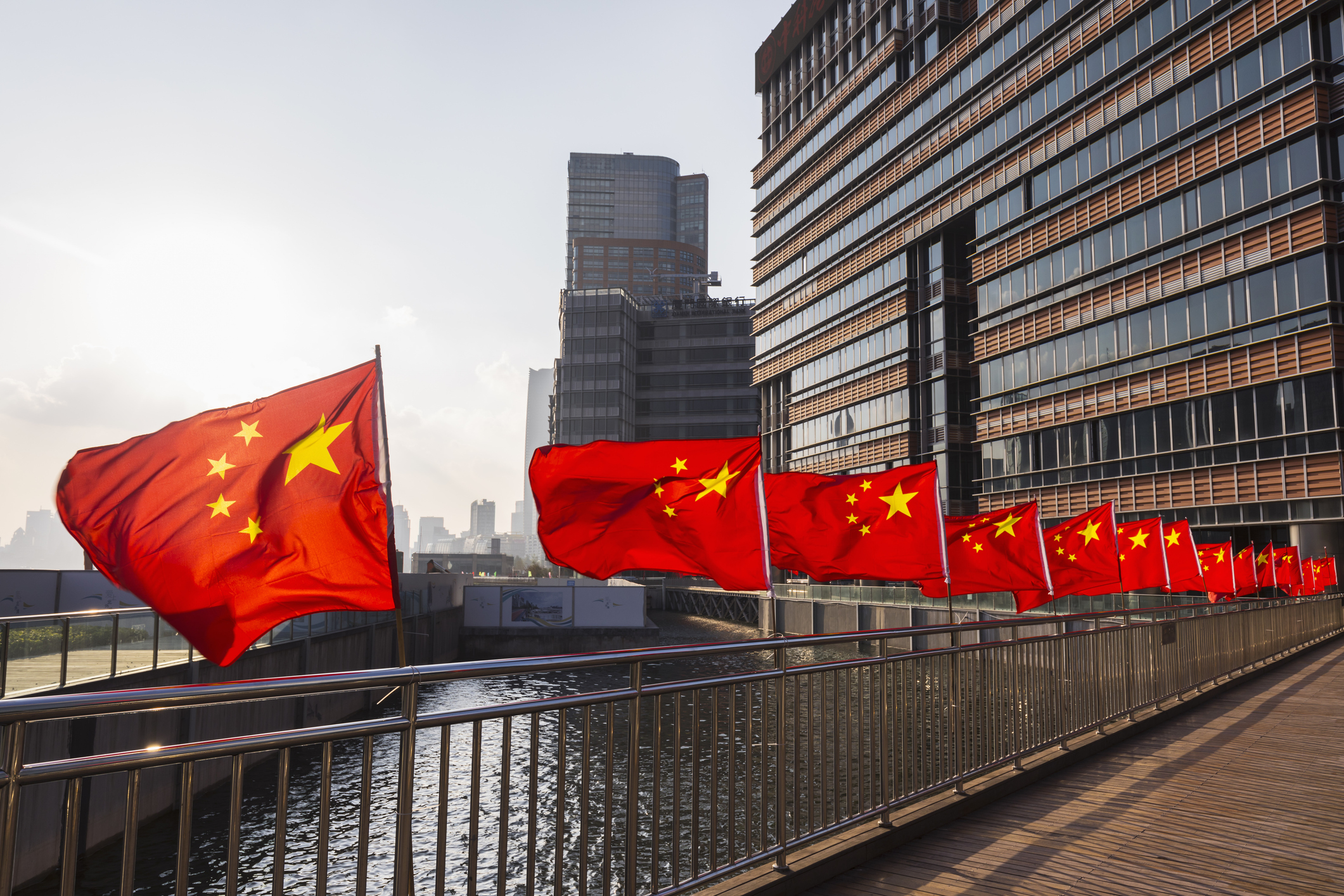Chinese leaders reiterated their wide-ranging economic policy goals on Thursday, from modernizing industry to expanding domestic demand and curbing debt and property sector risks, without detailing implementation steps.
The pledges were published in the official news agency Xinhua’s account of a key meeting of the Communist Party’s Central Committee led by President Xi Jinping, known as a plenum, which takes place roughly every five years.
The report said Beijing wanted to improve social security, healthcare and income distribution systems and introduce land, tax, and financial system reforms – promises that have been made in other official documents in the past decade.
The sweeping list of old policy goals re-emerges at a time of financial hardship for an increasing number of people at home and as its trade partners in Europe, the United States and elsewhere are raising import barriers against Chinese goods.
Low wage growth and job market uncertainty have depressed consumer sentiment to almost record low levels, while industrial overcapacity in many sectors has forced businesses into price wars, squeezing profits and fuelling fears of deflation.
The world’s second-largest economy grew at a slower than expected pace in the second quarter, leaning hard on industrial output and external demand, while the crisis-hit property sector and household consumption continued to disappoint.
“There is really little in the initial statement that leaves room for an optimistic interpretation,” said Max Zenglein, chief economist at Merics, a China studies institute.
“Easing concerns of foreign business – or the middle class – were clearly not high on the list. I am to some extent a bit surprised that the initial statement doesn’t even really try to ease their concerns.”
Xi was shown on state broadcaster CCTV walking into the meeting to applause from party members before taking his place at the centre of a long table to deliver a speech.
INDUSTRIAL PUSH
The Xinhua release did not say what changes Beijing intends to implement, but said the “tasks” should be completed by 2029. A document with more detailed policy plans is expected to be published in coming days.
Analysts said that the plenum outcome pointed to continuity, rather than any shifts in policymaking or the economic growth model China pursues. Global markets did not react to the release.
“There is no clear signal of change in macro policies,” said Zhang Zhiwei, chief economist at Pinpoint Asset Management.
China pledged to resolve the deepening imbalance between high investment and output levels and tepid demand more than a decade ago at a similar plenum. However, rather than directing resources towards consumers, it poured money into infrastructure and real estate, accumulating debt at an unsustainable pace.
Thursday’s communique reiterated that China wanted to “actively expand domestic demand,” without giving details.
It remains unclear how Beijing intends to boost consumer demand while favouring production-oriented policies.
“There still appears to be a tension between policies aimed at boosting economic security and expanding the supply-side of the economy, and those aimed at giving market forces a greater role and rebalancing growth toward consumption,” said Julian Evans-Pritchard, head of China economics at Capital Economics.
In fact, the communique re-emphasised China’s quest for “new productive forces”, a term coined by Xi last year that envisions scientific research and technological breakthroughs that could modernise manufacturing and kickstart a new era of high growth.
“Supply-side policy will continue to prevail,” said Tommy Wu, senior economist at Commerzbank AG.
The leadership also said China will “enhance the role of market mechanisms in the economy, create a fairer and more dynamic market environment and optimise the efficiency of resource allocation”.
The previous wording in official documents was that markets would “play a decisive role” in the economy.
“Restrictions on the market will be lifted, while effective regulation will be ensured to better maintain order in the market and remedy market failures,” the report said.
(Reuters)




















